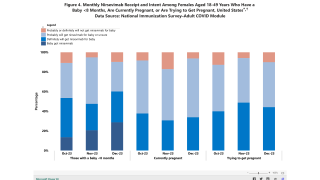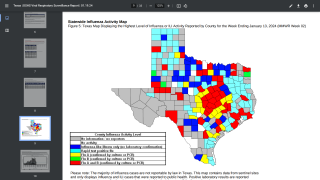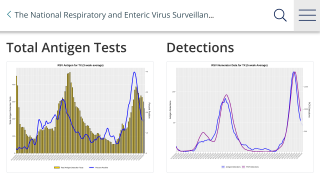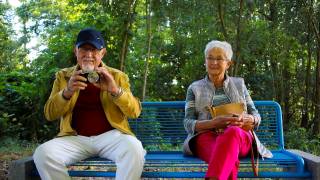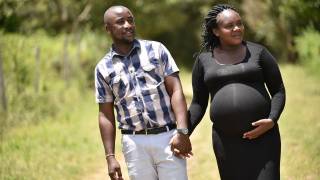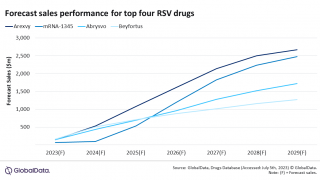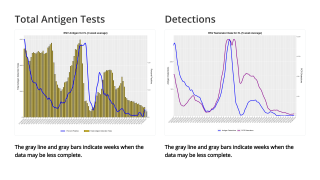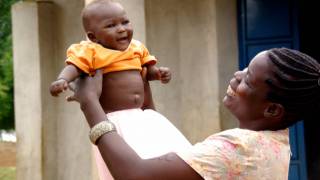$3.8 Million Awarded to Create Innovative RSV Vaccines
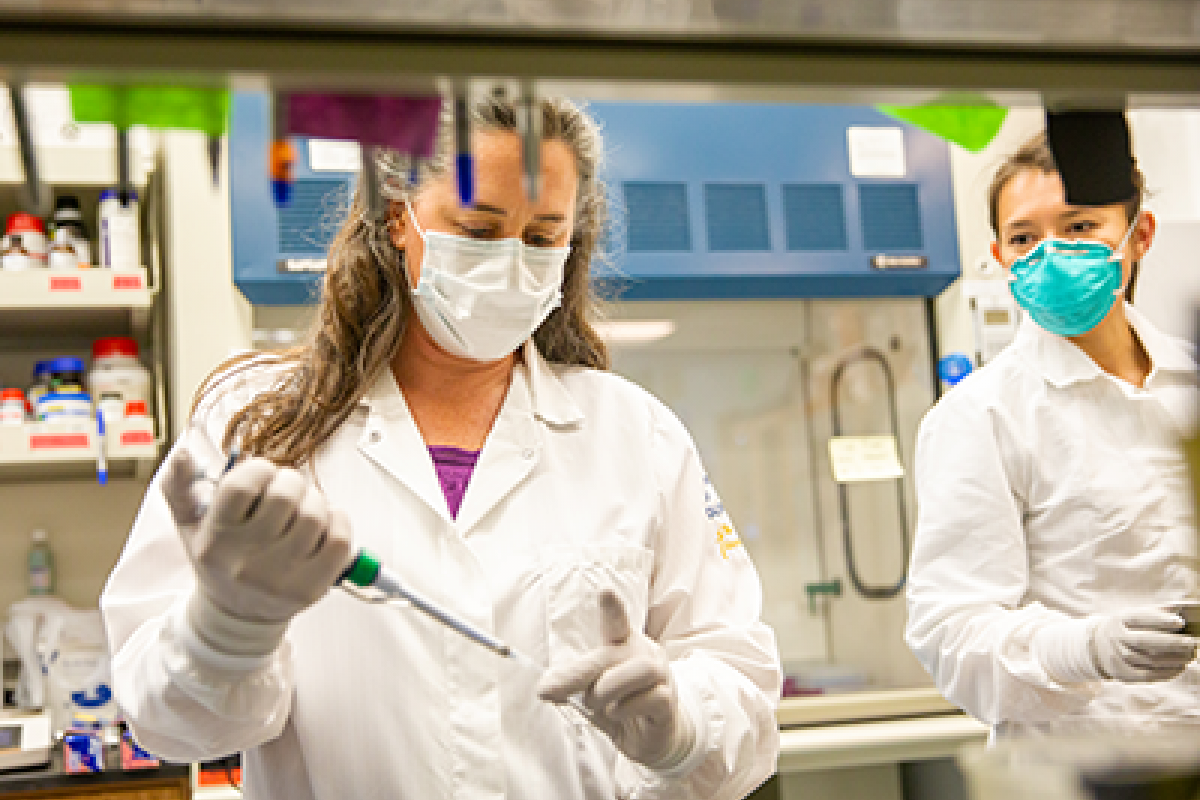
The UC Santa Cruz university announced that Rebecca DuBois, an Associate Professor of Biomolecular Engineering at the Baskin School of Engineering, was awarded the prestigious and highly competitive National Institutes of Health Research Project Grant of $3.8 million to fund her approach to developing an RSV vaccine.
The five-year, $3.8 million grant will be shared with DuBois's collaborator Ralph Tripp at the University of Georgia and will build on both researchers' years of work studying RSV.
Their overall aim is to validate their RSV vaccine in pre-clinical trials.
This news is vital since the U.S. FDA has not approved an RSV vaccine as of June 9, 2022.
"There's a huge need – this is a really important gap in our vaccine schedule to protect children," said DuBois in a related press release.
"I think the NIH study section reviewers liked that it's a different strategy than what everyone else is taking."
DuBois's lab focuses on bioengineering the commonly overlooked RSV G protein, used by the virus to attach to host cells, to expose its vulnerable points so the host's body can fight back.
In previous work, they have found that a region called the central conserved domain and just 40 amino acids long, can be engineered to evoke a protective immunogenic response from the host.
Additionally, a recent paper from the DuBois lab determined that the body's immune system still recognizes this altered protein and could be effective in a vaccine.
Targeting this specific region of the G protein, which remains unchanged as the virus mutates, is a cutting-edge technique in vaccine development that may allow a vaccine to continue its effectiveness as the virus mutates.
"By whittling down our vaccine to this important and conserved part and designing it so [the antigen] is exposed to our immune system in a better way, we can refocus the antibody response – it won't get distracted by all the parts that aren't conserved," DuBois added.
"It's a more strategic way to do vaccine design, instead of just targeting the whole protein and choosing one strain to target."
This project differs from other RSV vaccine candidate efforts currently underway, some of which are in phase III clinical trials.
Most other researchers focus on the RSV F protein, which fuses the virus and host cell membranes together to get the virus's genetic information into cells.
Eventually, the UCSC researchers anticipate that their vaccine could be combined with one that uses the F protein to create an even more robust immune response.
Other RSV vaccine development news is posted at PrecisionVaccinations.com/RSV.
Note: This UCSC announcement was manually curated for mobile readership.
Our Trust Standards: Medical Advisory Committee



